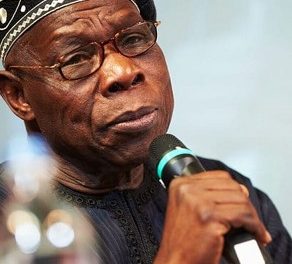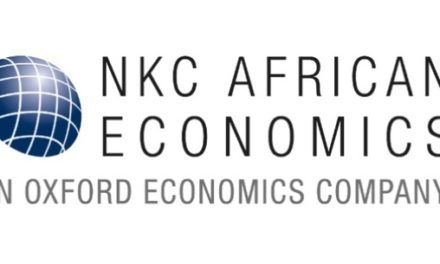
How independent are we?
Say what you must, but another year has passed by and youth have their say on our independent nation. Their views on the day are challenging, cautious, intuitive giving insight on what they have observed living in a born free nation. To some the day predominantly signifies commemorating the forefathers who fought for their freedom to others its a chance to reflect and appreciate liberation from an oppressive society. To others the hullabaloo is far to extensive with extravagant celebrations.
“On a personal level it is yet another year that I get to celebrate that I live in a free country, I mean there are people out there who have no idea what it means to go to bed without fear of any sort. What is disappointing however is that Independence celebrations today are not what they were back in the days. Chances are the celebrations will be yet another platform to hail the ruling party and rally for the SWAPO government. This defies what independence is all about honestly….and it has been the practice ever since I can remember.”stated Rachel Andreas a former political studies student at the University of Namibia.
When asked about the true nature of Independence, Christopher Chiramba a 3rd year student of History and Political Science. had this to say, “No country is truly free. The oppressor may not be as apparent as in colonial days. Neo-colonialism exists in various forms. The Chinese in Africa can be seen as one example. The West’s proxy wars, measures such as sanctions and the “puppet” presidents.” He further stated what he thinks government ought to do to ameliorate the conditions within the country “One key thing I think government needs to do to improve the country is to become more transparent and interactive with the people. African governments comprise of the political elite and tend to adopt an aloofness to the general population except if it is election time. Governments need to be more accountable to their people and each branch must be independent of influence from another branch.”
Other students looked at some of the sectoral inefficiencies that plague the country. “There is so much to be done before Vision 2030. I would like to observe a great improvement in the operation of the various failing parastatals. From the public statements and figures I analysed there is vast room for improvement. For one parastatal in particular, the Nations Pride- Air Namibia. The long awaited turnaround strategy will never materialise however we must not turn a blind eye to the alternatives available- privatisation is one of them. If Kenya Airways can do it we may consider this route ourselves,”said Maggy Nangolo, an MBA student.
The usual evils of society cropped up in the discussions such as the very high unemployment rate and the great disparity of wealth. For Miss Andreas, “The biggest oppressor we face is “ an uninformed nation”. Our people don’t know their rights and hence cant demand for them. I am yet to see an initiative by government to have a countrywide campaign aimed at educating the average Namibian on the importance of our constitution. Even the schools curriculum does not pay any sort of attention to the constitution. If only the same dedication and vigour displayed during elections is applied to informing our people on their rights then many of us will not have this laid back approach to issues around us as is the present case. During elections, even the grandma in the remote area is reached just to vote, am sure the same effort can be extended to information dissemination in our country.”











































